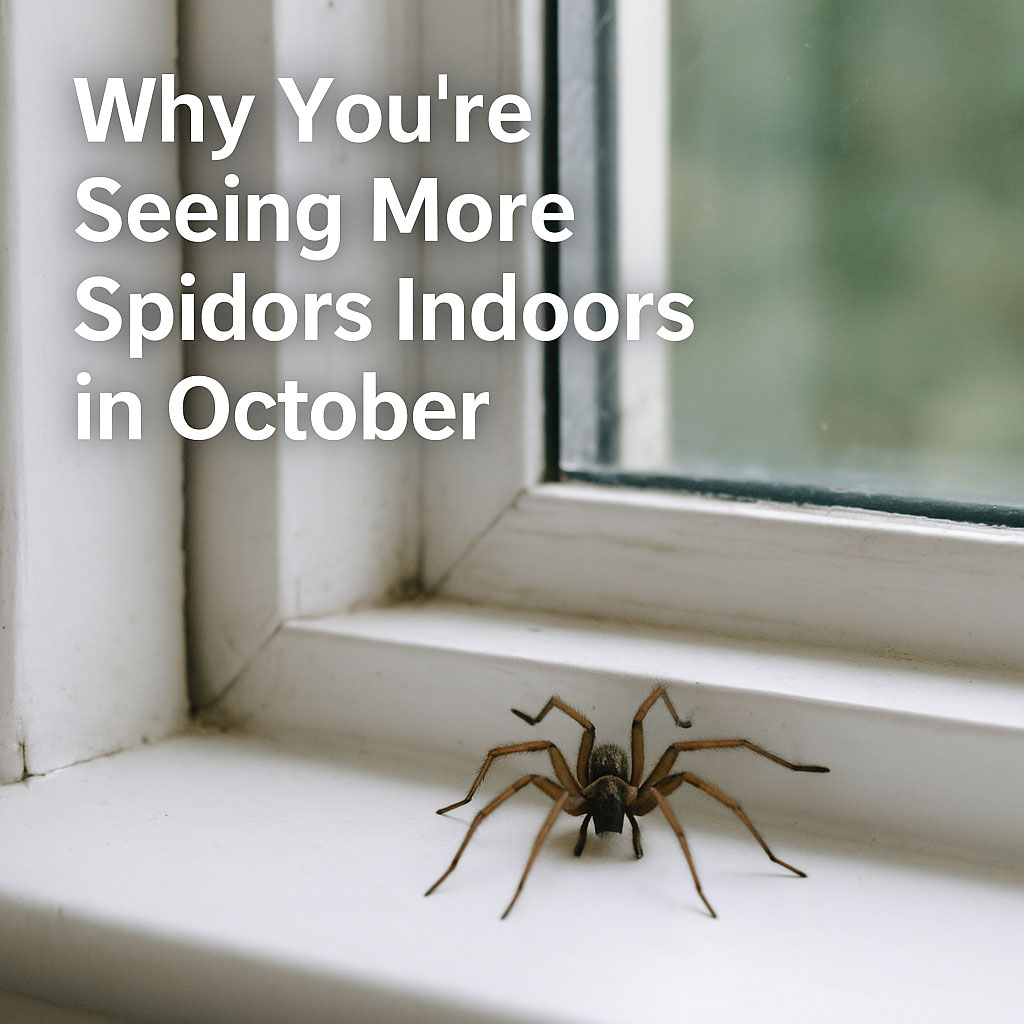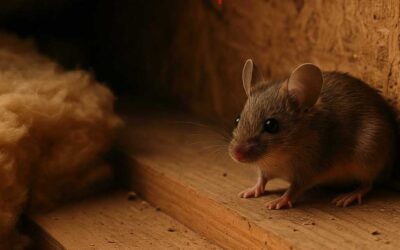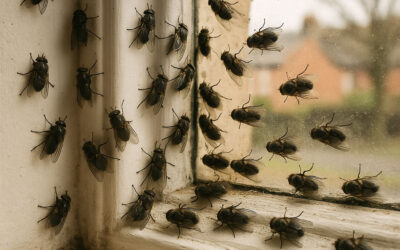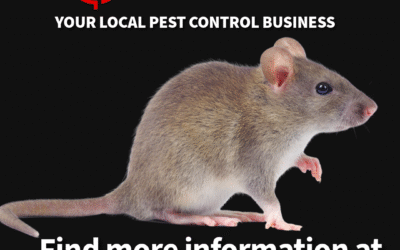Blog Post: Why You’re Seeing More Spiders Indoors in October
Each year as the nights draw in and the temperature drops, homeowners across North Yorkshire notice the same thing — more spiders appearing indoors. You might spot one scuttling across the carpet in the evening or find a large house spider sitting in the bath in the morning. October is their peak season, and although they might seem more active, what’s actually happening is part of their natural cycle.
At Pest Assured, we help homeowners and businesses between Thirsk and York deal with all kinds of pest issues, and spiders are one of the most common late-autumn visitors. Understanding why they come inside, what attracts them, and how to reduce their presence can make a big difference to your comfort — and to keeping your property pest-free.
Why Spiders Come Indoors in Autumn
By October, temperatures in North Yorkshire start to drop. Spiders that have spent the warmer months outdoors are now seeking warmth, food, and shelter. It’s not that there are suddenly more spiders; rather, they become more visible as they move around in search of a mate and a stable environment before winter.
Male house spiders are the most likely to be seen indoors at this time of year. They leave their hiding places to look for females, often venturing across floors, walls, and ceilings. Their size and quick movements can be alarming, but they are harmless to humans.
Most of these spiders have been living quietly in your property for months — in lofts, under furniture, or behind skirting boards. When the weather cools, they simply become more active.
Typical Species Found Indoors
In our area, the most common indoor species are:
-
Giant House Spider (Eratigena atrica): Large, dark brown, and fast-moving. Males are often seen in autumn.
-
Cellar Spider (Pholcus phalangioides): Sometimes called the ‘Daddy Longlegs Spider’, they build loose, messy webs in corners and garages.
-
Common House Spider (Tegenaria domestica): Smaller than the giant variety but with similar habits.
-
False Widow Spider (Steatoda nobilis): Recognisable by their glossy bodies and cream-coloured markings. Although their bite can cause mild irritation, serious incidents are rare.
Each species prefers dry, undisturbed environments — which is why you’ll often find them in lofts, airing cupboards, garages, or under furniture.
What Attracts Spiders Indoors
Several factors can make your home more appealing to spiders:
-
Warmth: As temperatures fall outdoors, internal warmth draws them in.
-
Food: Spiders feed on insects such as flies, moths, and ants. A property with other pest activity provides a convenient food source.
-
Shelter: Gaps under doors, open vents, and poorly sealed windows allow easy access. Once inside, spiders prefer dark, quiet corners to hide and spin webs.
-
Clutter: Piles of boxes, clothing, or papers offer perfect hiding spots.
Understanding these attractants is the first step in reducing spider activity inside your property.
How to Reduce Spider Activity Indoors
If you’d rather keep spiders outside where they belong, there are several effective and humane ways to reduce their presence:
1. Seal entry points
Inspect around doors, windows, air bricks, and pipe openings. Seal small gaps with silicone or draught excluder strips.
2. Regular cleaning
Vacuuming regularly removes webs, egg sacs, and insects that attract spiders. Pay attention to corners, ceilings, and behind furniture.
3. Reduce lighting at night
Outdoor lights attract flying insects, which in turn attract spiders. Use motion-sensitive lights or reduce unnecessary lighting near doors and windows.
4. Remove clutter
Spiders love quiet areas. Keep storage spaces tidy and use sealed containers instead of cardboard boxes.
5. Natural deterrents
Some people find success with natural repellents such as peppermint oil, citrus peel, or vinegar sprays. While they may not eliminate spiders entirely, they can help discourage them from specific areas.
6. Control other insects
Spiders thrive where there’s food. Reducing flies, moths, and other insects automatically makes your property less inviting.
Professional Spider Control in York and North Yorkshire
While most spiders are harmless and play a useful role by feeding on other insects, the sight of large house spiders can still cause distress. In some cases, particularly in commercial settings or properties with ongoing infestations, professional treatment may be necessary.
At Pest Assured, our qualified technicians carry out discreet and effective spider control throughout York, Easingwold, Huby, and the surrounding villages. We use safe, targeted methods to treat affected areas, identify entry points, and help prevent future problems.
All treatments are tailored to the property and situation — ensuring long-term results without unnecessary disruption.
Keeping Spiders Out for Good
Once spider activity is under control, prevention is key. Maintaining good housekeeping, sealing entry points, and reducing other insect populations are the most reliable ways to keep your home comfortable all year round.
If you’re regularly finding spiders indoors or have noticed webs reappearing quickly after removal, it’s worth having a professional inspection. We can assess your property, identify causes, and recommend appropriate treatments.
Call the Local Experts
Pest Assured provides reliable pest control across North Yorkshire — from Thirsk through Huby to York. Whether it’s spiders, cluster flies, rodents, or wasps, our fully qualified team delivers fast, professional, and discreet service.
📞 Call 07375 775 999
📧 enquiries@yorkpests.co.uk
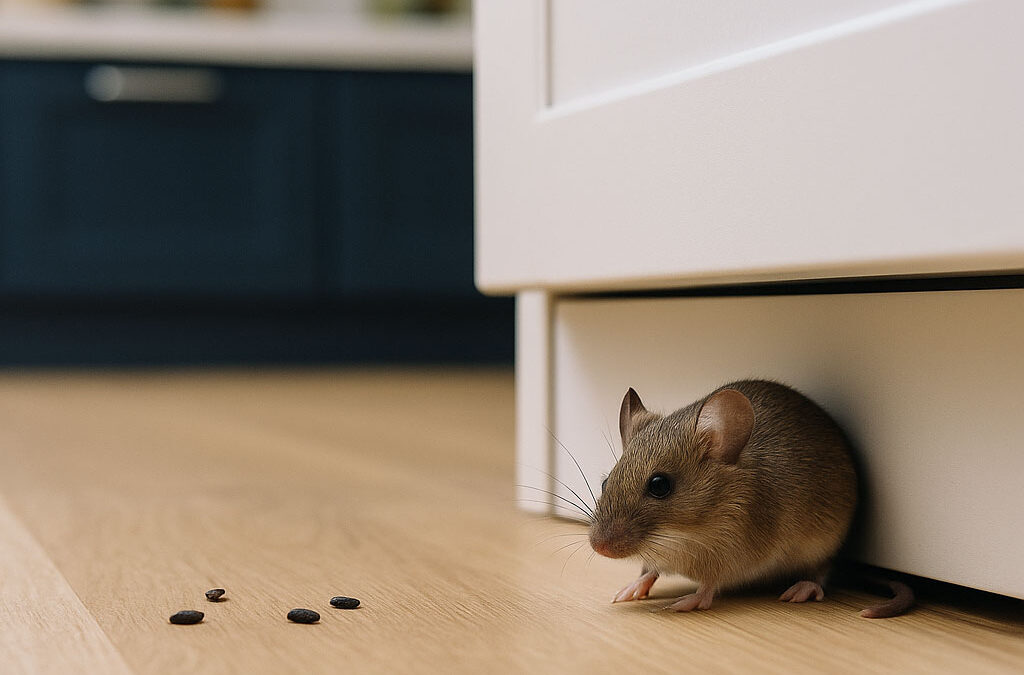
Why Mice Move Indoors in Autumn — and How to Keep Them Out
As temperatures drop, mice begin moving indoors in search of warmth and food. Here’s why it happens, how to recognise the early signs, and how Pest Assured provides fast, discreet help for homes and businesses across York.
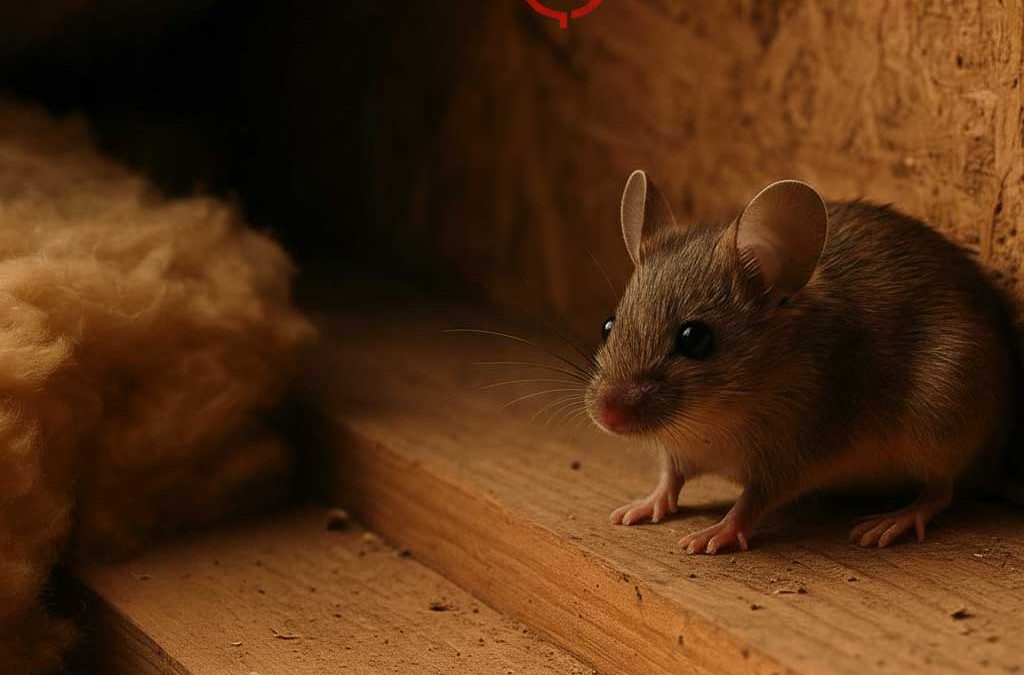
Why You Might Have Mice in Your Loft This Autumn
Mice often move indoors during autumn, seeking warmth and shelter in lofts and walls. Discover the signs, the reasons, and how Pest Assured removes them quickly and discreetly.
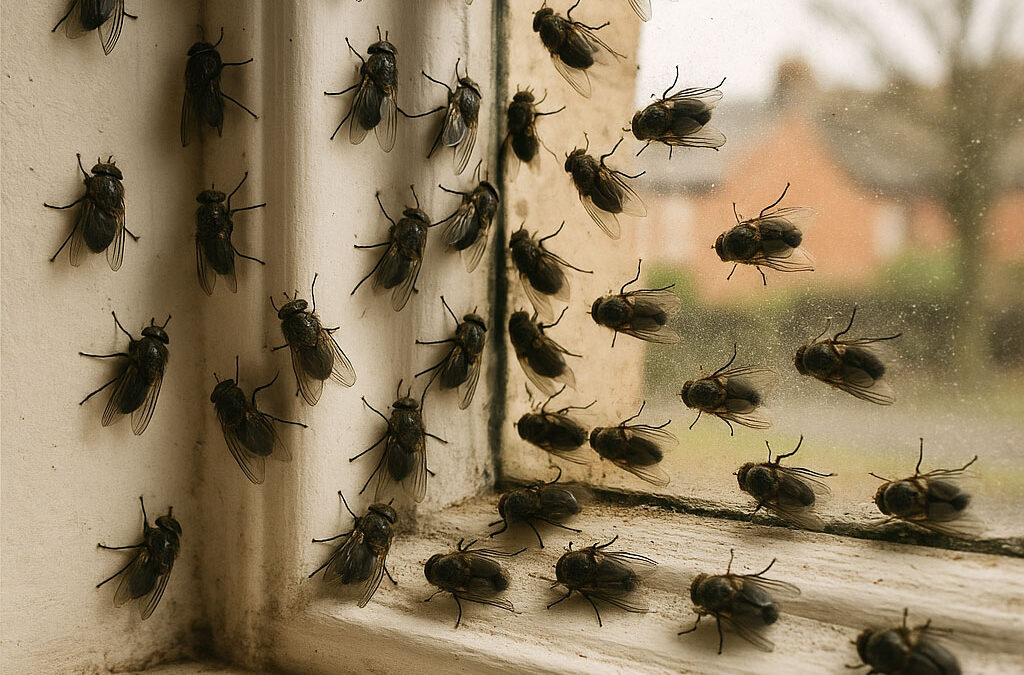
Cluster Flies in Autumn
Cluster flies are a common autumn pest in homes across North Yorkshire. As temperatures drop, these flies gather in lofts, window frames, and wall cavities in search of warmth. This article explains why they appear, the signs to look for, and what steps you can take to remove and prevent them effectively.
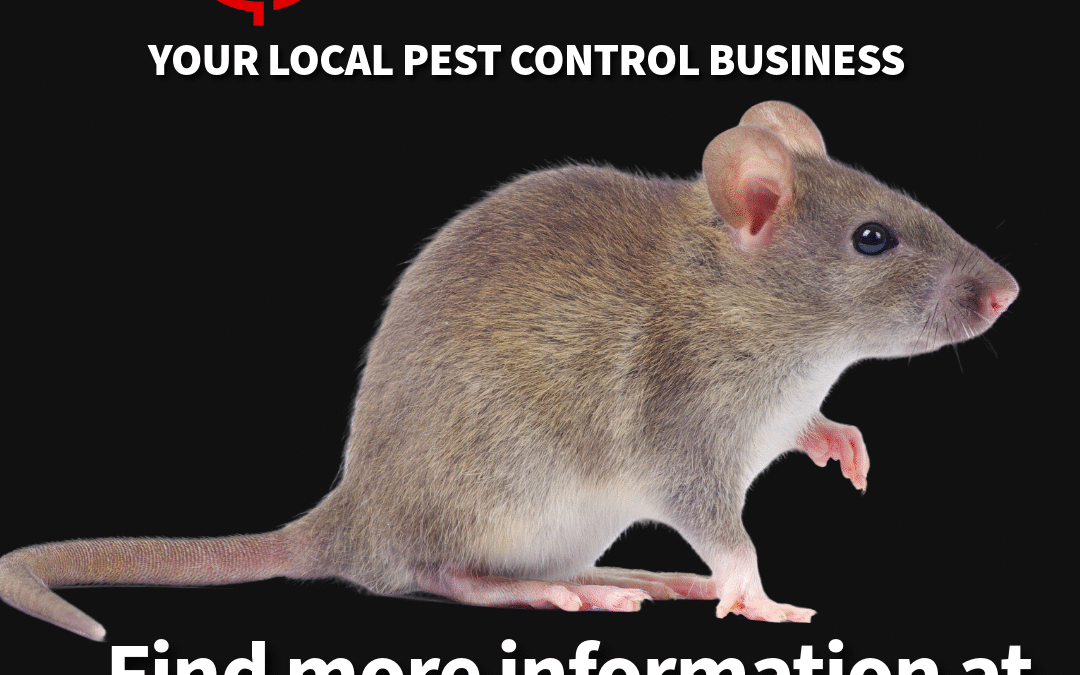
Mouse Removal York
Local, professional mouse removal in York. Quick response, no call-out fees, and fully insured pest control you can trust.
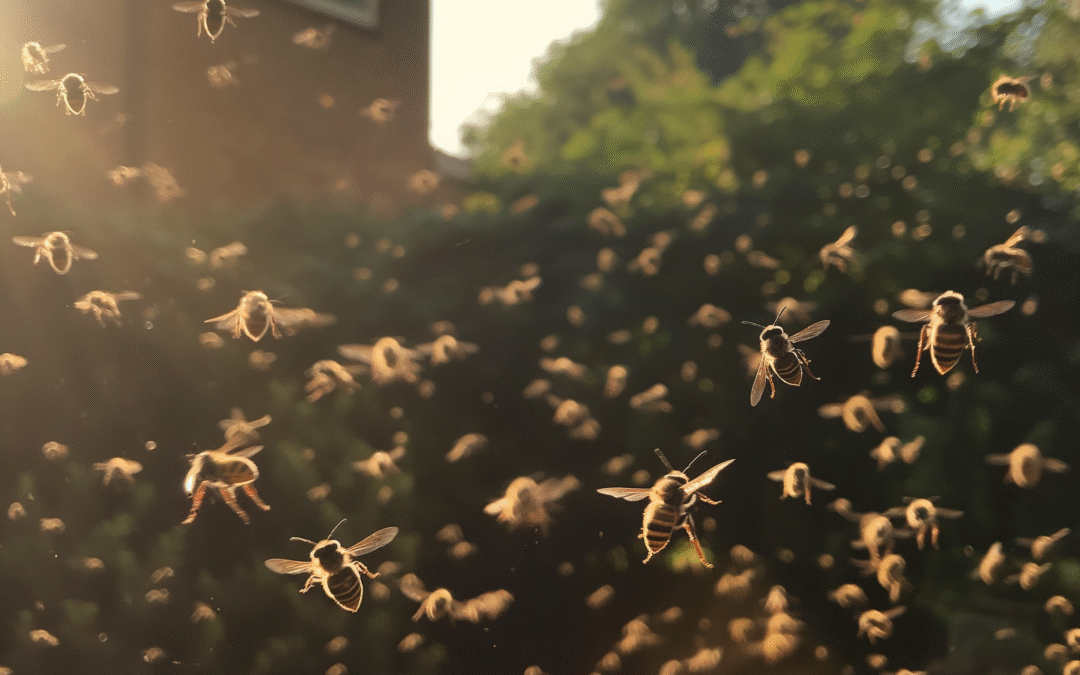
Wasp Season in North Yorkshire
Wasp season is now here. Pest Assured provide professional wasp and nest removal across York, Easingwold, Thirsk and surrounding areas. Contact us today for prompt service.

Wasp Nest Removal In Easingwold and Surrounding Areas
Safe, professional wasp nest removal in Easingwold and surrounding areas. Guaranteed service from trusted local experts.
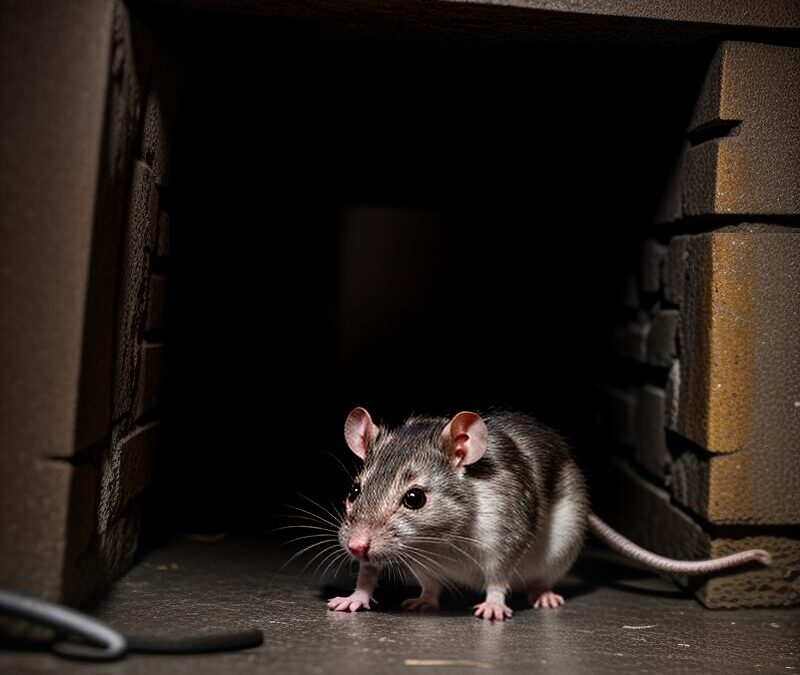
Professional Pest Control Services
Pest Assured provides discreet, professional pest control services across York and North Yorkshire. From rodents and wasps to fleas and moles, we offer fast, effective treatment and honest advice for homes and businesses.
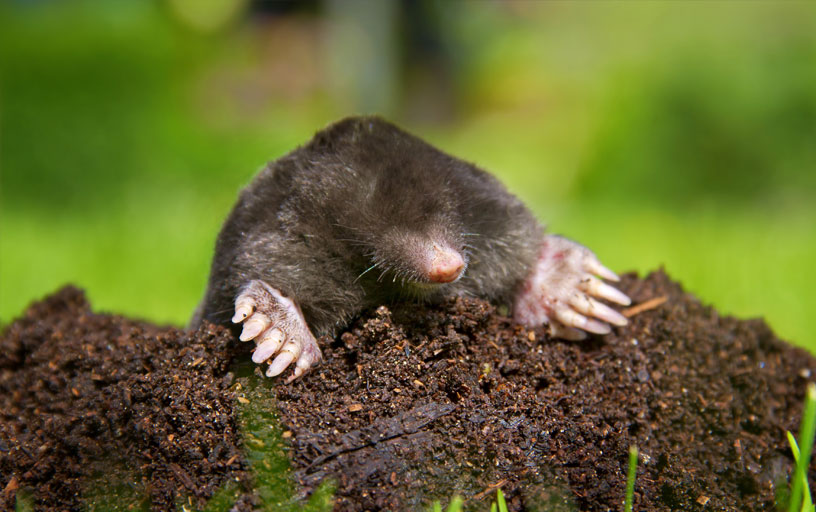
Damage Moles Can Cause
Moles can wreak havoc on gardens, lawns, and driveways, leaving unsightly molehills and causing structural damage. Pest Assured provides professional mole control services in York and beyond, using effective and humane methods to remove moles and protect your property. Contact us on 07375 775 999 or enquiries@yorkpests.co.uk.
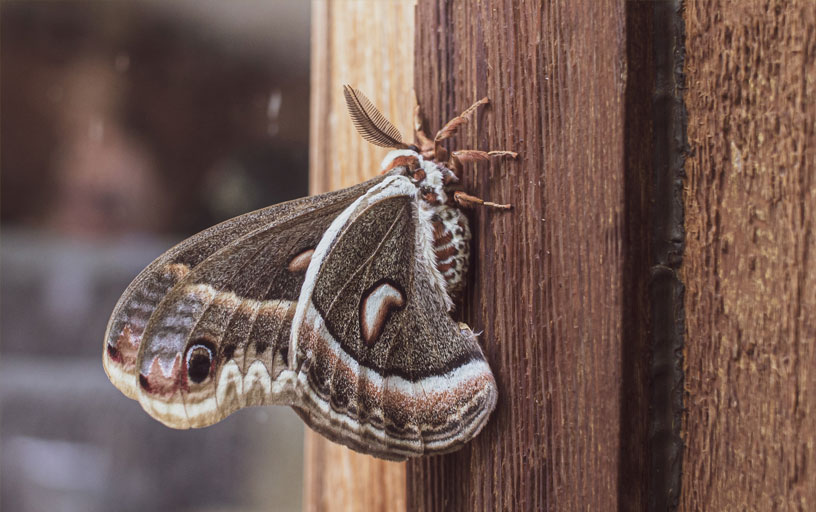
The Damage Moths Can Do in Your Home
Moth infestations can lead to damaged clothing, ruined carpets, and contaminated food. DIY methods often fail to stop the problem at its source. Learn how professional moth control can protect your home and belongings. Contact Pest Assured today – 07375 775 999.
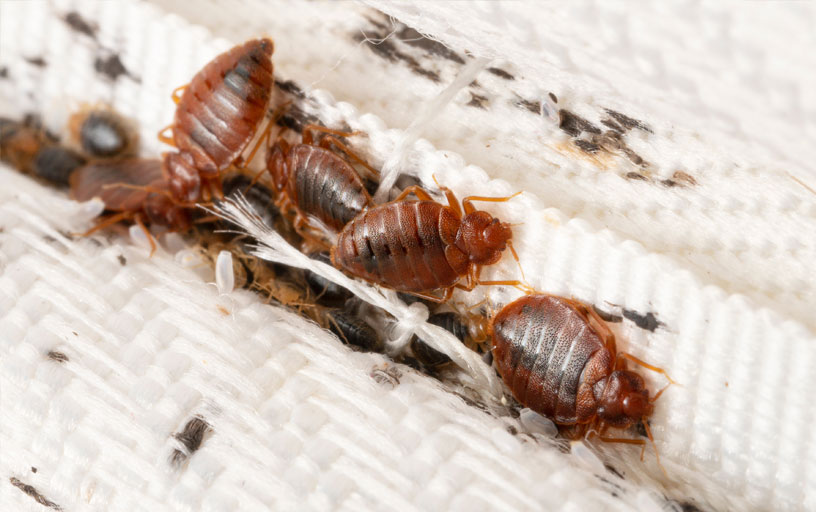
Bed Bug Problems
Bed bugs can cause itchy bites, sleepless nights, and rapid infestations. DIY treatments rarely work—professional help is essential. Pest Assured offers expert bed bug control in York, using proven treatments to eliminate infestations and prevent recurrence. Call 07375 775 999.





